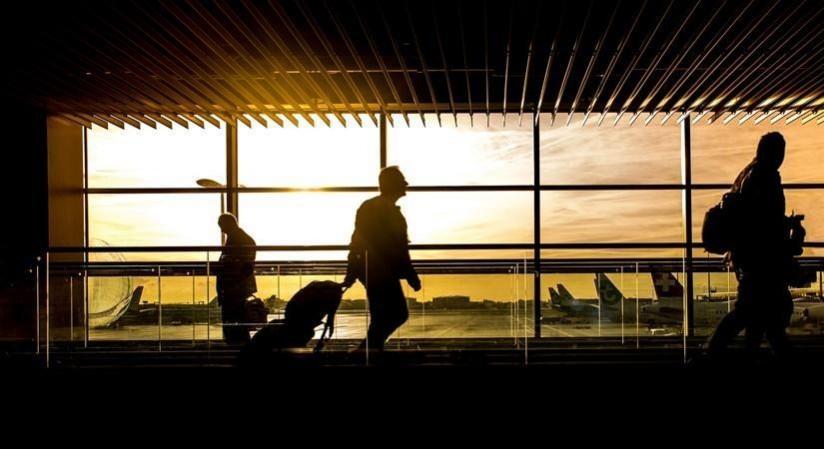All long-term pass holders and short-term visitors who have travelled to India within the last 14 days will not be allowed to enter or transit through Singapore, as the country goes on "heightened alert" against Covid-19.
This move takes effect from 11.59 p.m. on Friday, and includes people who have prior approval to enter Singapore, said Education Minister Lawrence Wong on Thursday (April 22), the Straits Times reported.

In addition, people who have recently travelled to India and have not completed their 14-day stay-home notice (SHN) by 11.59 p.m. on Thursday night will have to complete their additional seven-day SHN at a dedicated facility rather than their places of residence.
This group will undergo three polymerase chain reaction (PCR) tests for the virus: when they arrive, on the 14th day of their SHN and before the end of their SHN.
Explaining why Singapore has tightened its border measures, Wong said that the situation in India has worsened since the start of the week.
He added that the SHN period is not "100 per cent foolproof", noting that any leaks among newly arrived Indian workers could possibly introduce new strains into dormitories and result in new clusters.
India reported 314,835 new Covid-19 cases on Thursday, the world's biggest single-day surge. The country has recorded 16 million cases and 184,657 deaths so far. A new "double-mutant" variant has also emerged in India, and is thought to be fuelling the country's second wave.
The Ministry of Health (MOH) also confirmed on Thursday that 17 recovered workers at Westlite Woodlands dormitory were found to have Covid-19, although there is no evidence that these cases were linked to India or to the new viral strain that has emerged there.
Health Minister Gan Kim Yong, who with Wong co-chairs the multi-ministerial task force handling the pandemic, said that Singapore is on heightened alert against the coronavirus, given rising case numbers and emerging virus variants around the world.
Tightening measures
The situation may escalate quickly, necessitating the tightening of measures in Singapore, he added at a virtual press conference.
Viral variants - including those first detected in South Africa and Brazil - have been found in 342 imported cases, said the Health Ministry's director of medical services, Associate Professor Kenneth Mak. All the cases were isolated on arrival and no community spread has been detected.
He warned that this number may increase over time as more Covid-19 cases are detected and more testing done.
Gan urged Singaporeans to continue to be socially responsible and adhere to safe management measures.
This applies to those who have already been vaccinated as well, he said. "The recent spate of cases has reminded us that we cannot let our guard down."
"We are facing an invisible and very formidable enemy," Wong said, adding that the spate of new strains detected in other countries is a worrying development.
"Perhaps after this round of vaccination, we might have to continue with further rounds of vaccination," he said. "Even up to beyond this year, because we will have to be confronting not just the virus today, but potentially new strains of the virus that may be more infectious and virulent."

















